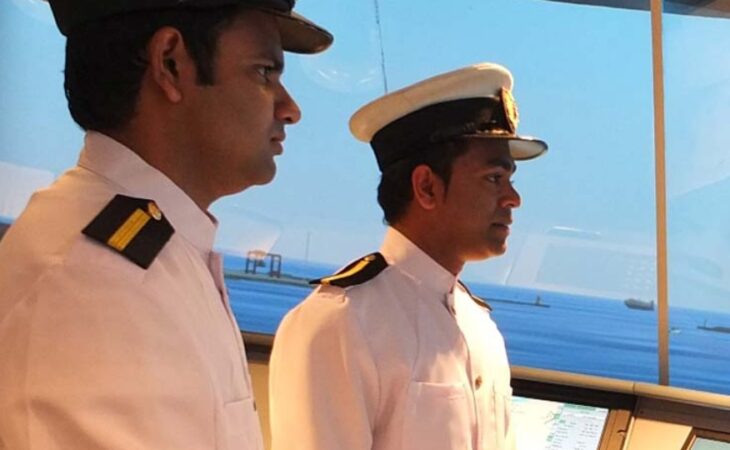The course is essentially a practical one, consisting of a series of exercises structured around the operation and management of a ship’s machinery installation and carried out in conjunction with an engine room simulator. The exercises are supervised by an instructor and will, initially, allow the student to become familiar with the instrumentation and controls used in the engine rooms of modern merchant ships. The student shall become skilled in the scanning of instrument displays when assessing the normal operational conditions of an engineering plant. The exercises increase in complexity as the course progresses, as the student works through and becomes familiar with the procedures used for starting up auxiliary and propulsion plants, setting the normal operation condition and keeping an engine room watch. The final exercises deal with watch keeping and the procedures and techniques needed for the location and trouble-shooting of faults, diagnosis and malfunctions that can occur in an operational plant. Each exercise should be preceded by a briefing session and followed up by a group debrief, which will analyze the actions and decisions of the student. During the series of exercises each student will assume different roles in the engineering management team. Engine room management –Resources (human factor, spares, consumables) –Situations-(Emergencies, normal operations, faults) are main concerns of the course study.
This course has been approved by the ministry of ports and highways under approval No ERS/ML/60/2013/001
The programme has been developed in compliance with the STCW 78 Convention as amended in 2010(Reg.III/2



























